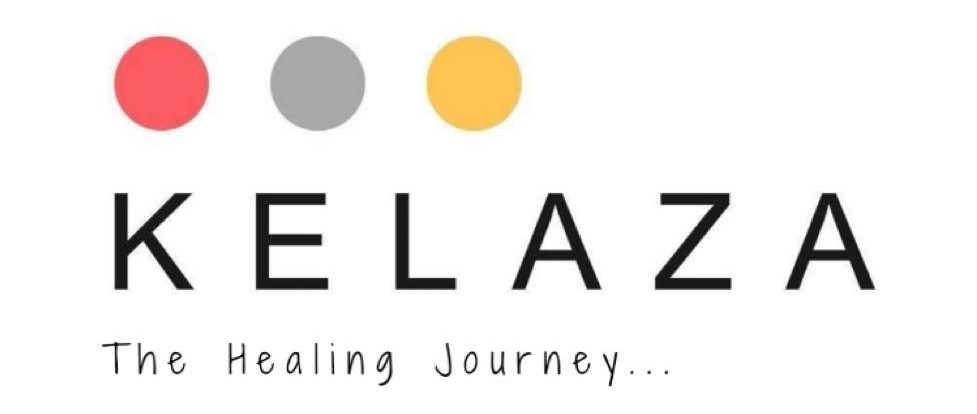It occurs in a controlled setting (not in the person’s home or family home). Intervention works by confronting the specific issues and encouraging the person to seek treatment. Cognitive behavioral therapy has been shown effective in helping people overcome addiction. In one study, 60% of people with cocaine use dependence who underwent CBT along with prescription medication provided cocaine-free toxicology screens a year after their treatment. The severity of addiction and drug ptsd from alcoholic parent or drugs being used will play a role in which treatment plan is likely to work the best. Treatment that addresses the specific situation and any co-occurring medical, psychiatric, and social problems is optimal for leading to long-term recovery and preventing relapse.
Lofexidine was the first medication approved by the Food and Drug Administration (FDA) to treat opioid withdrawals. Compared to a placebo (a pill with no therapeutic value), it significantly reduces symptoms of withdrawal and may cause less of a drop in blood pressure than similar agents. Supporting the management of behavioral health effects from disasters. Medication is not a standalone treatment for addiction and should accompany other management methods such as psychotherapy.
Only 1 in 5 people with opioid addiction get the medications to treat it, study finds
Residential or inpatient treatments can be very effective, particularly for individuals with severe SUD and those with co-existing conditions. Licensed residential treatment facilities offer 24-hour structured care with medical attention. Overcoming addiction is a developmental process that can benefit from differing types of support at different stages of recovery. A recovery coach or recovery manager typically is knowledgeable about and can help an individual client find and access needed support resources at every step of the way. Coaches and managers also serve as sources of accountability in making change.
For many people, substance or alcohol use was a way to self-medicate for depression, anxiety, or another mental health condition. For others, perhaps it began as a way to stay motivated during long hours of working or studying. Medications for addiction treatment offer hope and healing for those seeking recovery from opioid addiction. All drugs to which the body has adapted create some type of withdrawal symptom—physical, emotional, or both—when abruptly discontinued. Withdrawal from alcohol, benzodiazepines, and barbiturates—all central nervous system depressants—poses the risk of seizures and can be life-threatening. Because stopping substance use typically sober house boston ushers in a period of acute and often all-consuming distress that subsides in days or weeks, treatment is generally divided into to two distinct periods.
They can also serve as a useful source of education, community, and information. In 2017, an electronic device called the NSS-2 Bridge became available to reduce opiate withdrawal. The device sits behind the ear and gives off electrical pulses to trigger certain nerves that might provide relief from withdrawal symptoms.
Treatment of Substance Use Disorders
Follow-up care or continuing care is also recommended, which includes ongoing community- or family-based recovery support systems. Find treatment programs in your state that treat addiction and dependence on opioids. Helps people understand addiction, their triggers, and their reasons for using drugs. This form of treatment can be done at a doctor’s office or via telehealth appointment.
Next steps
- In this article, we’ll learn more about substance misuse treatment and where to begin if you’re interested in finding help for yourself or for a loved one.
- It competes with the reinforcing effects of the addictive substance, therefore increasing the chances abstinence will be maintained.
- The fundamental principle of the program is the belief that combining treatment for co-occurring PTSD and SUDs is more effective and yields better results than treating each disorder separately.
A person will want to consider actions they can take such as committing to change, seeking support, and eliminating triggers. Depending on the addiction, medications may also be available to help. Treatment options for addiction depend on several factors, including the type of addictive disorder, the length and severity of use, and its effects on the individual. Many people continue to support recovery for months or more by regularly engaging in counseling or psychotherapy and/or by participating in peer-support groups, whether in person or online. Residential care may be of most value to those with an unstable or unhealthy home environment.
Motivational enhancement therapy (MET)
Counseling gets at the core of why someone began using alcohol or drugs, and what they can do to make lasting what is a drinker’s nose changes. This may include cognitive behavioral therapy (CBT), in which the patient learns to recognize problematic thinking, behaviors, and patterns and establish healthier ways of coping. CBT can help someone develop stronger self-control and more effective coping strategies.


Share your feedback about this course